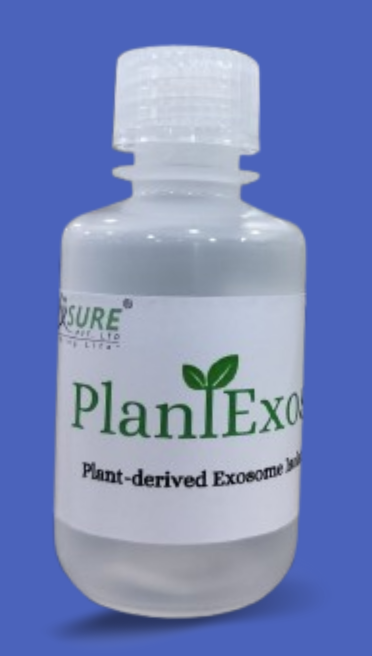
Given that exosomes play many important and complex functions in the human body, they can be utilized in multiple ways in the clinical environment. The clinical application of exosomes was investigated using the website clinicaltrials.gov, searching the terms “exosome” and “exosomes” (278 results) and “exosomes cancer” (119 results), which concern 176 conditions, such as prostatic, colorectal, or lung neoplasms. The amount of results obtained clearly indicates that this topic is of interest to scientists. Exosomes are particularly promising when utilized as drug delivery vehicles that could be fabricated for a specific patient and specific disease, evading any potential immune response. However, in terms of clinical trials utilizing exosomes in cancer, most of them concern the use of exosomes as diagnostic biomarkers. A phase I clinical trial was conducted utilizing the ascite-derived exosomes combined with the granulocyte–macrophage colony-stimulating factor (GM-CSF) in colorectal cancer patients. Forty patients received four subcutaneous injections of exosomes alone or exosomes combined with GM-CSF at weekly intervals. Both therapies were safe and no serious adverse events were observed. Moreover, the treatment with exosomes combined with GM-CSF was able to induce a tumor-specific antitumor cytotoxic T cell response.
Similarly, dendritic-cell-derived exosomes with the MAGE tumor antigens were used in such a vaccine in the case of advanced non-small cell lung cancer (NSCLC). Thirteen patients with stage III/IV NSCLC received four doses of the vaccine at weekly intervals and nine completed the therapy. No serious adverse events were observed; therefore, such therapy was well tolerated in NSCLC patients. Three out of nine patients developed specific immune responses and the lytic activity of NK cells was upregulated. Subsequently, a phase II clinical trial in unresectable NSCLC patients was conducted with the use of IFNγ maturated dendritic-cell-derived exosomes. These exosomes were loaded with MHC class-I- and class-II-restricted cancer antigens and injected to twenty-two patients. The median overall survival was 15 months. There was no objective tumor response according to RECIST criteria. However, an increase in NKp30-dependent NK cell functions was observed.
In another phase I clinical trial utilized autologous dendritic-cell-derived exosomes in metastatic melanoma patients. Fifteen stage III/IV melanoma patients received four intradermal and subcutaneous exosome vaccinations at 1 week intervals. Exosomes were purified from dendritic cell culture supernatants and loaded with MHC class I or II peptides. As a result of exosomal treatment, no major toxicity was observed; however, slight inflammatory reactions occurred at vaccines sites. One patient exhibited a partial response according to the RECIST criteria. However, the main outcome of this study was that the exosomal vaccine was safe for patients with metastatic melanoma
Ref: Stefańska, K., Józkowiak, M., Angelova Volponi, A., Shibli, J. A., Golkar-Narenji, A., Antosik, P., Bukowska, D., Piotrowska-Kempisty, H., Mozdziak, P., Dzięgiel, P., Podhorska-Okołów, M., Zabel, M., Dyszkiewicz-Konwińska, M., & Kempisty, B. (2023). The Role of Exosomes in Human Carcinogenesis and Cancer Therapy-Recent Findings from Molecular and Clinical Research. Cells, 12(3), 356. https://doi.org/10.3390/cells12030356



